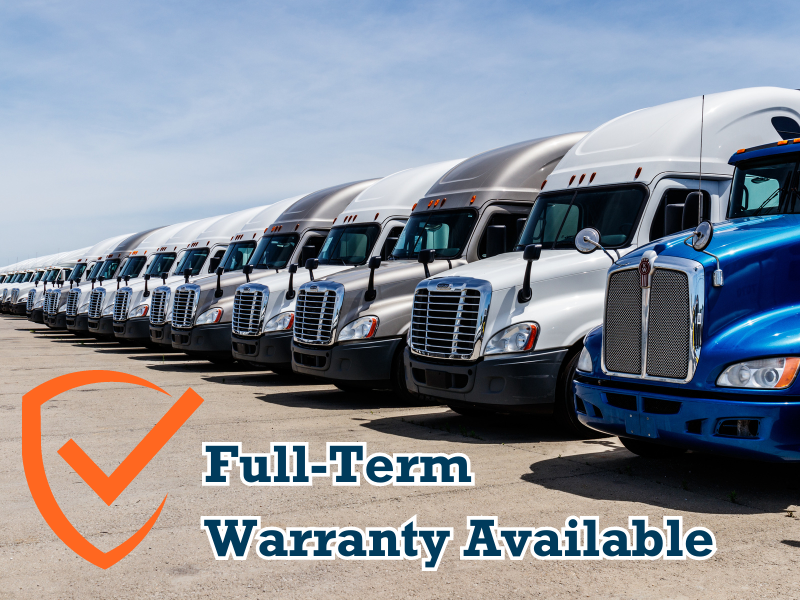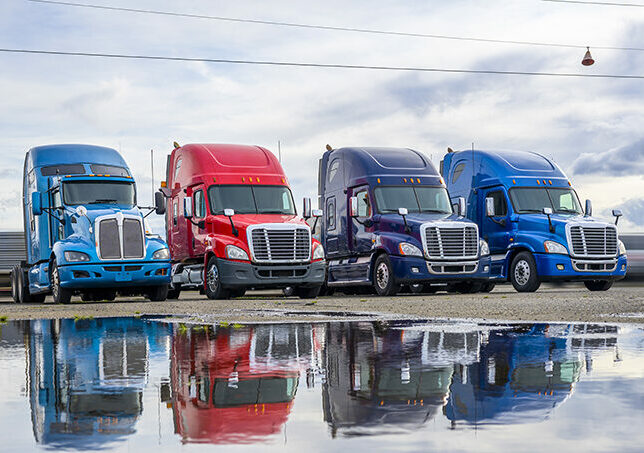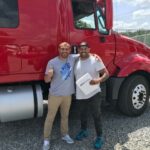Features:
- Paccar MX 13 Motor 455 HP
- Aluminum Wheels
- Full Term Warranty
- 76” Raised Roof Sleeper
- 230” Wheelbase
- Automatic Transmission
- Dual 100 Gallon Fuel Tanks
- Dual Bunks
- Airslide 5th Wheel
OTR Pricing:
$6,000 down
$525 Week/183 Weeks
Apply Now

Calling all Fleet Owners and Aspiring Owner-Operators
Looking to become an owner-operator or expand your existing fleet? OTR Leasing is here to help. As industry leaders, we offer some of the most competitive deals in the market. Don’t miss out on our latest offers!

We’ve made it easy for truckers to get on the road quickly with the they need. Let’s hit the road together—where your success is our destination.

Our inventory of used sleeper and day cabs includes all the big names like Kenworth, Volvo, Freightliner, MACK, Peterbilt, and International.

Looking for support? Access our Payment Portal, Frequently Asked Questions, Educational Resources, and more.
Experience worry-free trucking with OTR Leasing’s revolutionary full-term warranty. Maximize efficiency and protect your fleet with comprehensive coverage throughout your semi-trucks’ lifespan.

Our lease-purchase program allows for a low barrier to entry and affordable payments to help you get your small business career on the road!

We have helped countless owner-operators start their small business by getting them into trucks at affordable rates. If you’re thinking about leasing, see why our program is the perfect option for you.

Trucks

Lease Terms

Average Weekly Payments
 – Mark C.
– Mark C.
 – James H.
– James H.
 – Francis A.
– Francis A.
 – Pedro M.
– Pedro M.
 – Stacy J.
– Stacy J.
 – Shane G.
– Shane G.
 – Mark C.
– Mark C.

Begin the approval process today! Our application only takes minutes to complete.

Check out our FAQ page, or fill out our contact form and a member of our team will be in contact with you soon.